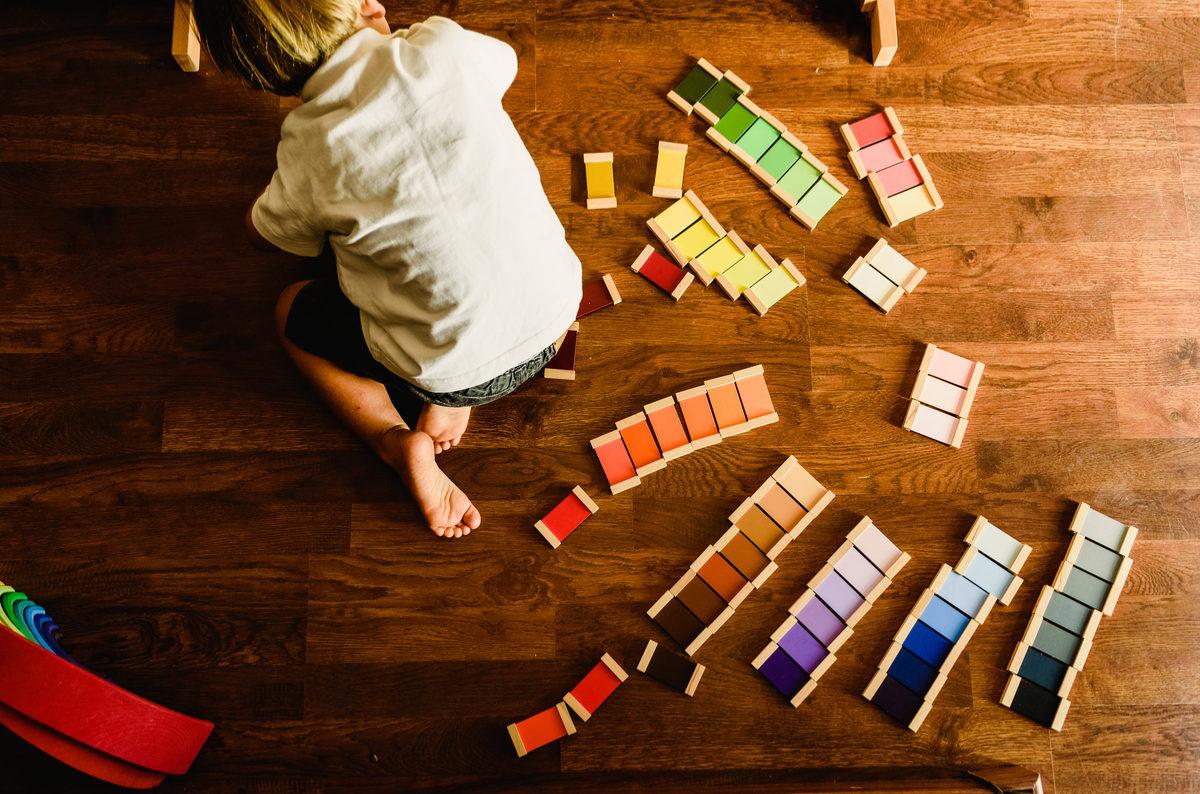‘To play around with an idea’ - Usually considered as an ideation process
Here, an individual tinkers or experiments with something searching for value in it. We all have spent time toying with an idea, searching for its best possible outcomes, and more often than not do eventually come up with brilliant results.
Play the Montessori way
Play is a crucial part of learning; it encourages creativity, quick thinking, collaboration, and self-expression in unique ways. Montessori schools base their curriculum foundation on the play-way method, which nurtures and promotes pure play in routine activities. Here is how early learners can benefit from this play method:
Benefits of the ‘Play’ approach:
- Creates an environment conducive to learning
- Makes learning fun, easy and promotes engagement
- Encourages holistic education and creates a level playing field for kids from every background
- Promotes self-discipline and improves knowledge retention
- Strengthens the bond between children and educators
A child in an international school is at the age where he or she is still developing his language skills. During this development stage, they may find it difficult to express themselves comprehensively. Research proves that established psychiatrists and psychologists use various methods of art and play to assist their patients in expressing themselves in their healing process.
There is in-depth research that proves how playing with objects has improved children’s problem-solving, language, math, and spatial abilities. While play can enhance a child’s confidence, it also gives them the resilience to face future challenges. We cannot underestimate the need for 'play' in Montessori school curriculums, while as adults we may find it a loss of time and childish, for a kid, it is a way to express his true self wholly.
